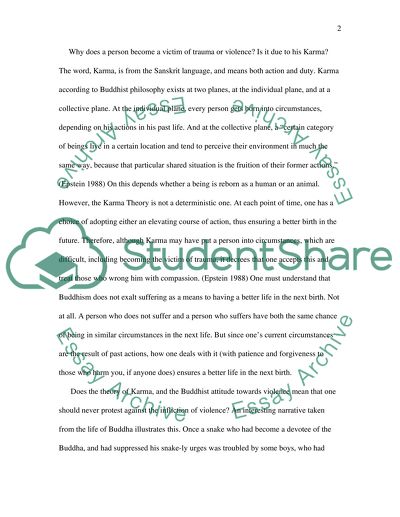Cite this document
(“Buddhism and Psychology Essay Example | Topics and Well Written Essays - 1000 words”, n.d.)
Buddhism and Psychology Essay Example | Topics and Well Written Essays - 1000 words. Retrieved from https://studentshare.org/religion-and-theology/1540458-buddhism-and-psychology
Buddhism and Psychology Essay Example | Topics and Well Written Essays - 1000 words. Retrieved from https://studentshare.org/religion-and-theology/1540458-buddhism-and-psychology
(Buddhism and Psychology Essay Example | Topics and Well Written Essays - 1000 Words)
Buddhism and Psychology Essay Example | Topics and Well Written Essays - 1000 Words. https://studentshare.org/religion-and-theology/1540458-buddhism-and-psychology.
Buddhism and Psychology Essay Example | Topics and Well Written Essays - 1000 Words. https://studentshare.org/religion-and-theology/1540458-buddhism-and-psychology.
“Buddhism and Psychology Essay Example | Topics and Well Written Essays - 1000 Words”, n.d. https://studentshare.org/religion-and-theology/1540458-buddhism-and-psychology.


